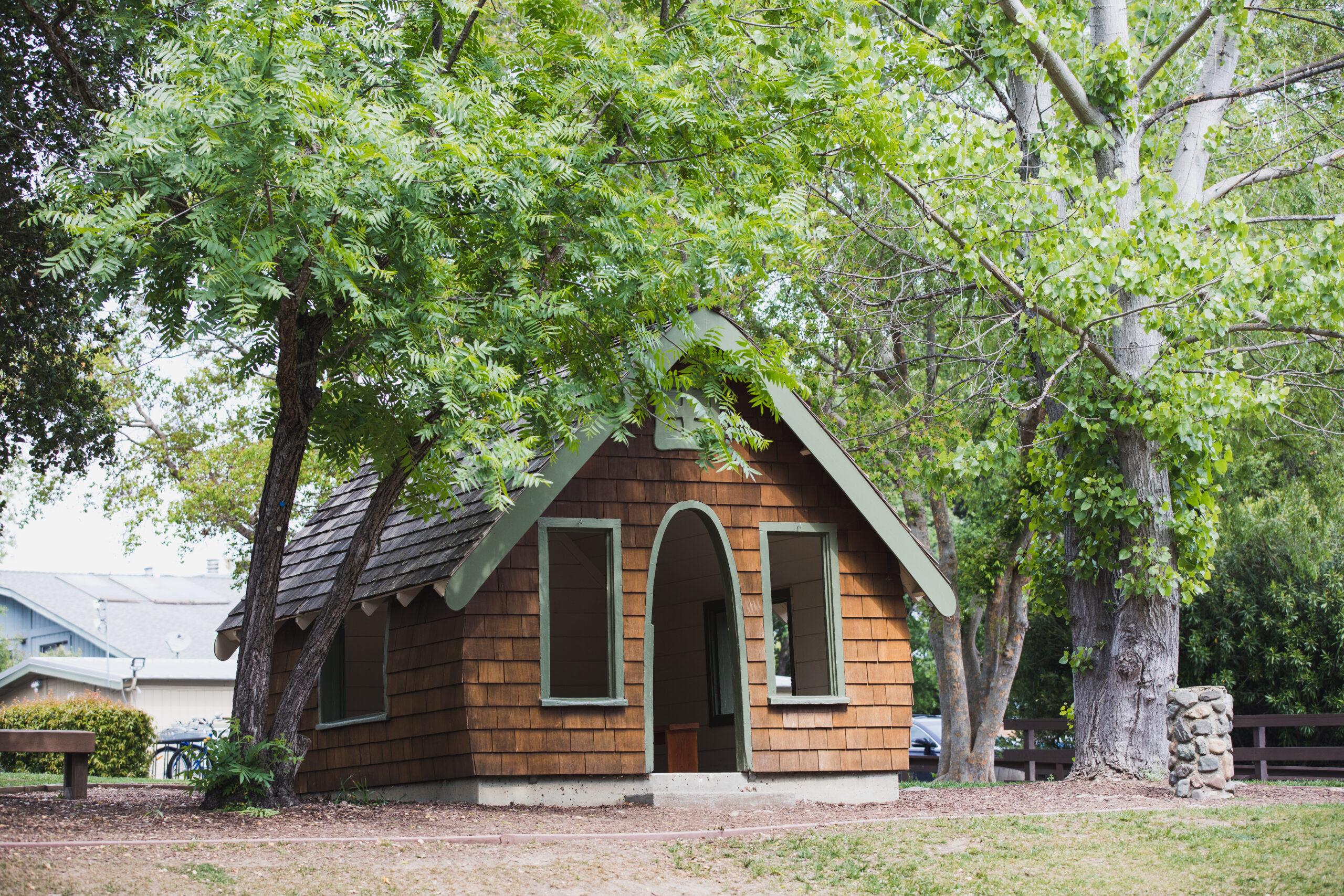As a longtime Middle School educator, I have had the following exchange with groups of 6th, 7th and/or 8th grade parents countless times:
Me: How many of you remember when your child was younger and they would see you and would come running up to you to give you a hug?
Everyone nods and smiles.
- Adolescence is a stage and like all stages it too will pass.
- Adolescents typically reserve their worst for home, because they know their parents love them unconditionally. While only somewhat comforting, I do reassure parents that their middle school children are often charming, engaging, and on their best behavior during the day.
I often encourage parents to turn to Yardsticks, a book by Chip Woods, that details child development from ages 4-14. At Hillbrook, we have typically passed out the pamphlet version of Chip Woods’ book at coffees. Perusing these pamphlets parents quickly realize that the developmental stages they see in their child are not unique. Moreover, parents will notice that their child may be reaching different milestones at different moments, exhibiting some of the characteristics of a “12 year old” and other characteristics of an “11 year old” or a “13 year old.” It is a developmental spectrum, after all, not a rigid set of benchmarks that all children pass at the same time.
I mention all this because we are excited to present on our website today what we have been terming “Yardsticks for Hillbrook,” a set of Learning Outcomes organized by both grade level and subject area. Created by the faculty over this past summer, the Learning Outcomes capture the expected outcomes for students as they move through our program.
Last June, after the students had left for the summer, the faculty spent two days working collaboratively to create a document that would mimic the Yardsticks pamphlets we have historically passed out. A parent with a child entering third grade, for example, can look at our Learning Outcomes and gain a clear sense of the key skills and concepts covered in our 3rd grade program. In addition, they can look at the skills and concepts from 2nd grade and 4th grade to see how the years link together. They can also look at the skills and concepts across each subject area from JK through 8, including writing, math, reading, social studies, science, service learning, foreign language, art, music, and social emotional learning.
At the same time, we wanted to retain the flexibility of the Yardsticks pamphlets, recognizing that our students do not move in lock-step and that each student may be at a different place along the spectrum at any given time. Thus, at the beginning of 3rd grade, an individual student may have already mastered some of the skills in the 3rd grade program, while other skills may not even yet be on his or her radar. With the publication of Learning Outcomes, students, parents and teachers will be better able to talk about a student’s progress and help locate where a student is along their learning journey.
The Learning Outcomes represent the completion of one of the key goals within the Program plank of Vision 2015. Moving forward, we will continue to work to strengthen our broad and integrated educational program in other important ways. We will continue, for example, to systematically audit each of our programs – we started with English/Language Arts last year and will audit science this year. As another example, we are working to create Individual Learning Plans that will build on the work we have done with the Learning Outcomes and allow us to support each student as they strive to reach their highest individual potential.
I hope you take a few minutes to check out the Learning Outcomes on the Policies page of our internal website. Of course, I should also remind all of us that as a school we are as focused on the process as the product. While it is important to have ways to assess how a child is doing and to measure progress, it is also important not to become too fixated on any particular outcome. As a pediatrician reminded me when I was a new parent, there is no award for being the first to walk and no one includes it on his or her high school transcript. We look forward to supporting all of our students as they strive to be their best and achieve their dreams.
